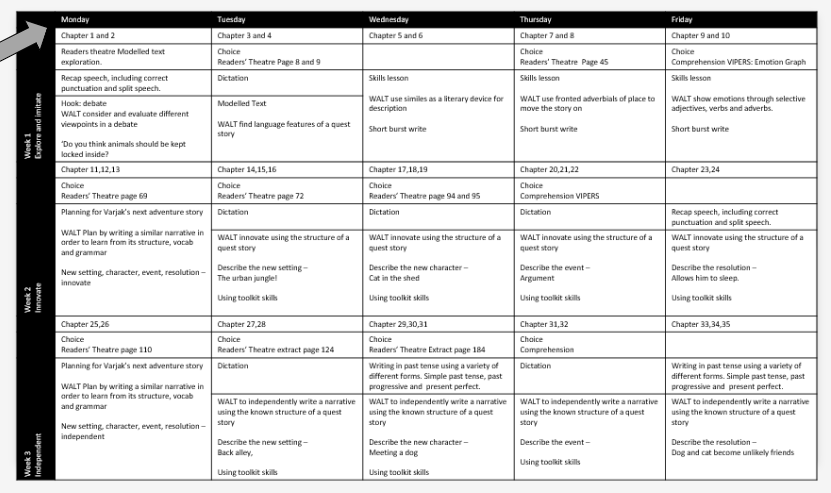English
Writing
What is our Writing vision?
‘The overarching aim for English in the National Curriculum is to promote high standards of language and literacy by equipping pupils with a strong command of the spoken and written language and to develop their love of literature through widespread reading for enjoyment.’ National Curriculum, 2014.
Longford Park Writing Vision and PrincipleChildren as writers
At Longford Park, our vision is for everyone to know that they are writers. We strive to break down barriers so that all children can experience the joy of seeing their ideas come to life. We promote, ‘say it loud, say it proud for all to hear!’
Adults as writers
Writing provides an opportunity to use literary devices to be creative and imaginative. This is not just for children! Adults at the GLA are given time to develop their own skills as writers, whilst enjoying the process of writing with dedicated training time.
How do we teach Writing?
At Longford Park, we combine high quality literature (see our GLA Reading Spine below) with a carefully considered Teaching & Learning sequence for Writing. This empowers our pupils to gain ideas and skills to write confidently and independently for a range of selected audiences and purposes.
Using some of Pie Corbett’s Talk for Writing structures and strategies, we follow a writing model that moves through three phases (Imitate, Innovate and Independent Application). Teaching & Learning centres around high quality texts (books and extracts) from our GLA Reading Spine to fuel the ideas and context/ideas.
Reading Spine/ High Quality Text Overview
This strategy allows children to explore texts and literary devices in detail; speak in full sentences with intonation and pace; acquire new literacy skills; and internalise new vocabulary. An example of a three-week learning journey (‘Varjak Paw’ overview) can be seen below:

Development of Oracy Skills
> Imitate, innovate, independent application
Our GLA writing strategy encompasses the key principles from ‘Talk 4 Writing' developed by Pie Corbett. Key to this, is the oral imitation of language - if you can't say a sentence, you won't be able to write it!
After this, children analyse and adapt the text before going on to write their own versions. Children will know this as the ‘imitate, innovate, independent application’ writing cycle.
High Quality Texts to Support Writing
> Chosen texts
The texts which children study, as part of their writing cycle, span a variety of genres: historical fiction, classic fairytales, humour, classic novels, poetry and the latest picks! Texts have been chosen to:
> provide the essential reference points for many writers (including works by classical authors);
> give children access to wider knowledge from differing viewpoints;
> explore literary devices
> Readers’ Theatre
Through daily class reading and Readers’ Theatre lessons, children develop an understanding of authorial intent. Extracts from our chosen high-quality texts allow children to convey meaning through their voice, facial expressions and gestures, whilst experiencing the enjoyment that reading aloud can bring.
Reading Theatre Lesson Walkthrough
> Supporting ideas
We want to expand children‘s ideas and imagination, ensuring all children build a repertoire of ideas from differing authors. During innovation and independent application stages, children are able to ‘magpie‘ ideas, vocabulary, phrases and sentences from the text to support their own writing.
Combining Writing Skills
> Explicit Grammar Teaching
The GLA follow the National Curriculum and explicitly teach grammar skills from the designed programmes of study. Dedicated skills lessons ensure children are taught the grammar skills necessary to understand and apply literary devices. Grammar starters ensure children revisit the skills often.
Click here for the Y1-6 SPAG_overview
> Contextualised Grammar
Through modelled texts, children are shown the grammar to be taught in context. Children will identify the grammar, before explicit grammar lessons teach the skill. Children will apply this knowledge through ‘short burst writing'. Dictation sentences provide children the opportunity to practise the grammar skills in a variety of different sentences.
Our Flying High Writers





